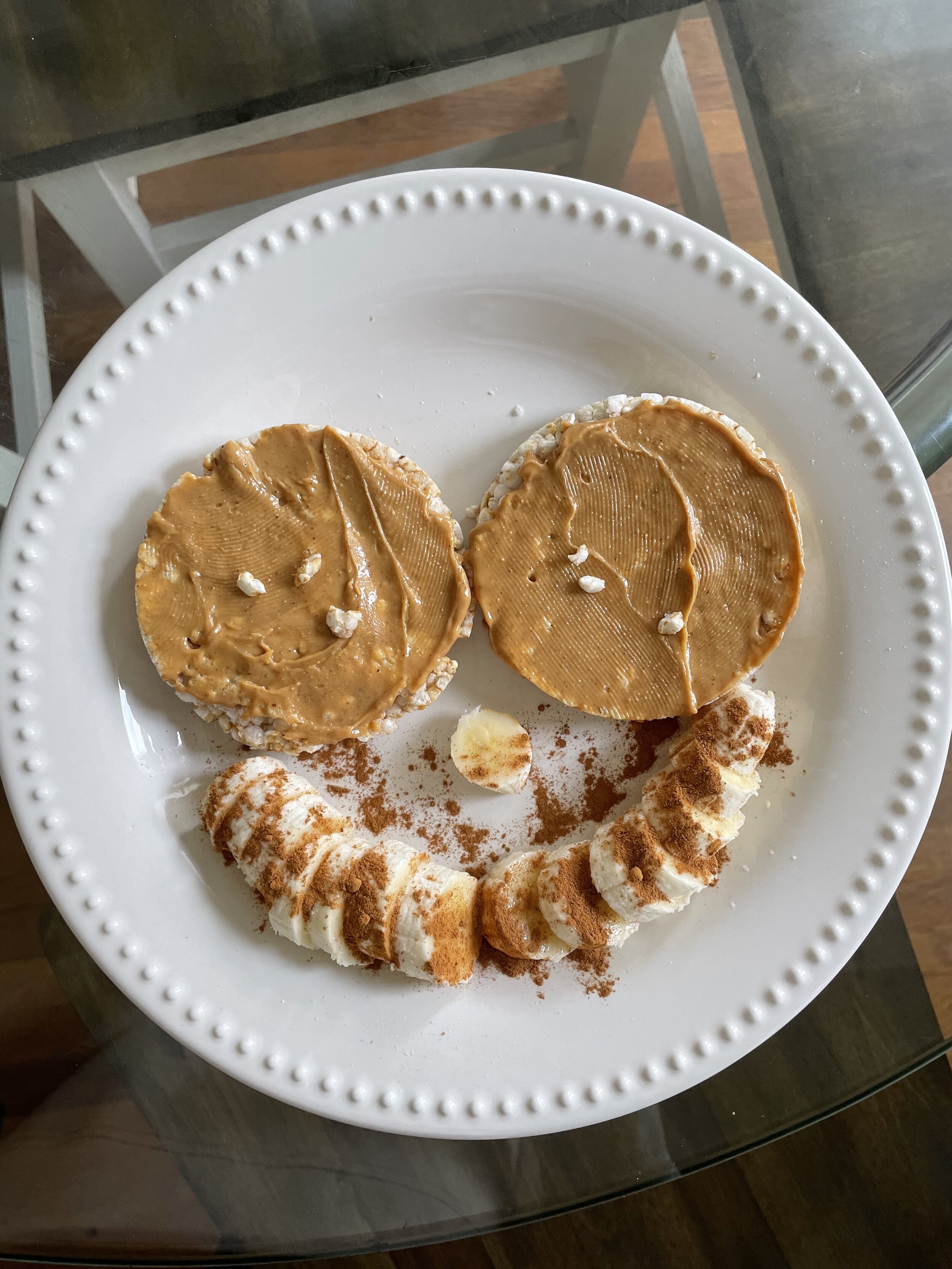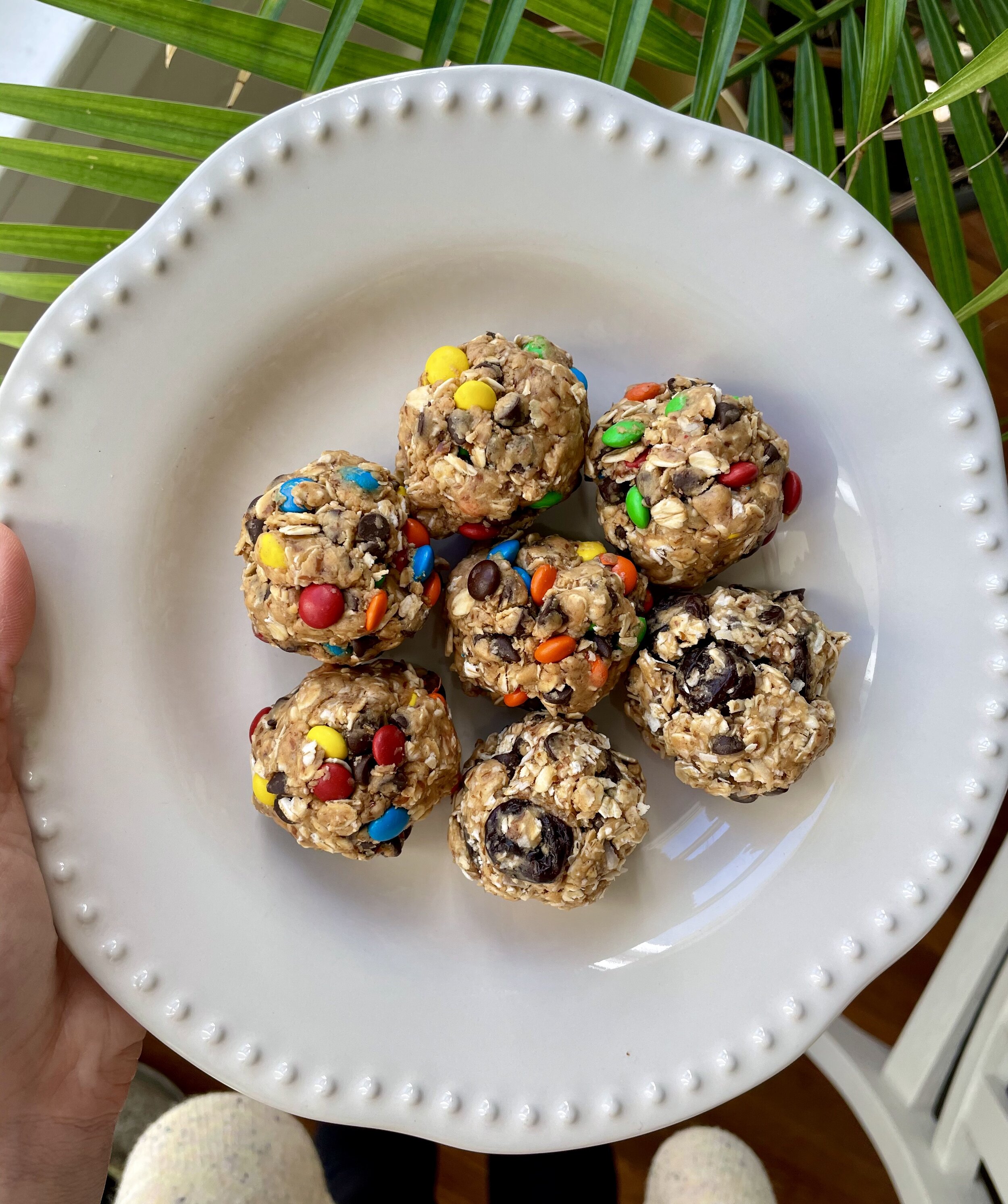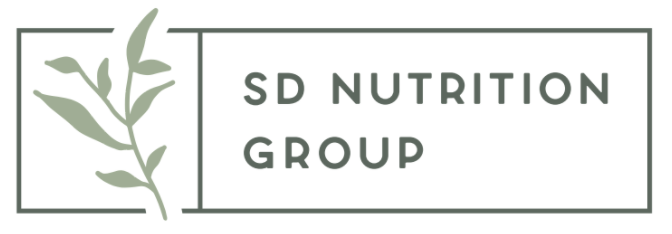

Food Rules vs. Food Preferences
Food beliefs and food rules develop subtly over time as we’re exposed to the myriad of diet culture messaging throughout our lifetimes. Diets quickly teach us to override our natural food preferences and internal cues. Instead, diets teach us to rely on a set of external rules based on what diet culture deems is “healthy” and “good”. Read on for guidance on how to tell the difference between food rules rooted in diet culture and true food preferences.

Eating Out at Restaurants in Eating Disorder Recovery
Many of us have had an extended break from eating out at restaurants over the last year or so with most restaurants being closed or take-out only during the COVID-19 pandemic. With the world starting to open up again and people going out and about more, it’s a really good time to start building up skills for eating out.

Different Types of Hunger
Many times, the Intuitive Eating principle Honor Your Hunger gets mistaken as “only eat when hungry”. But, there are actually 4 different types of hunger outlined in the Intuitive Eating book, and learning to honor your hunger involves honoring each of these different types. Physical hunger, taste hunger, practical hunger, and emotional hunger are all valid reasons to eat.

5 Tips for Practicing Body Kindness This Summer & Body Kindness Support Group
This summer, let’s take the power away from diet culture and empower you to feel good in your body and celebrate what summer is all about- fun, relaxation, and connection. And join us for our Body Kindness Virtual Support Group, starting June 9, 2021!

Orthorexia: When Healthy Eating Becomes Harmful
Orthorexia is an eating disorder that involves an obsession with proper or “healthful” eating. Being aware and mindful of the nutritional content of food on its own isn’t necessarily a bad thing, but with orthorexia, the individual becomes so fixated on only eating healthy, clean, or pure foods that it actually becomes damaging.

What Is Diet Talk & How To Respond
Diet talk is any kind of talk centered around dieting, food rules or restriction, diet trends, weight control, body bashing, or the like. And at the core of all diet talk is weight loss. Diet talk usually encourages negative feelings about one’s body. All this diet talk, while it can seem harmless, is actually very dangerous. Diets are directly associated with the development of eating disorders, especially in teens. Since diet talk is so normalized, it can be difficult and confusing to know how to respond.

Why We Need Carbs
Carbohydrates provide our body with valuable energy and are a crucial part of a well-balanced diet. They’re equally important as proteins and fats, and they serve several key functions in our bodies. Not to mention, they’re super tasty. A meal just isn’t complete without carbs!

What Is ARFID?
Avoidant Restrictive Food Intake Disorder, or ARFID, is one of the eating disorder diagnoses listed in the DSM-5. ARFID is an eating disorder involving an extreme avoidance or low intake of food. Unlike anorexia or bulimia, ARFID does not involve any body image disturbance or fear of weight gain. Instead, it can center around a lack of interest in eating, fear that the individual might not like or be able to tolerate the sensations of the food such as flavor, texture or temperature, fear of choking or becoming ill, or fear of eating a new food.

Body Kindness & Your Intuitive Eating Journey
It is possible to reconnect to your inner caregiver that got clouded by diet culture. Know that your body- as it is right now in this moment- is worthy of respect and compassionate care. No matter what.

Making Meals More Satisfying
Food is just one way we care for ourselves by giving our bodies both nourishment and pleasure. By finding satisfaction in eating, we increase our overall contentment and make peace with food. Here are some tips for finding more satisfaction at mealtimes in your intuitive eating journey.

What Is Normal Eating?
Normal eating works with your body’s natural cues, not against them, and allows for eating to be a pleasurable, low-to-no stress activity in your life. Here are some key points to what normal eating should entail.

On Weight Bias & Weight-Inclusive Care
Weight bias and discrimination cause harm and create barriers to healthcare. We at SD Nutrition Group are proud to offer weight-inclusive care. We firmly believe that every body, regardless of size, shape, gender, age, ability, or weight, is worthy of respect and compassionate care.

Self-Care & Intuitive Eating
Intuitive eating is a form of self-care. Intuitive eating reconnects us to our bodies’ needs, both physically and emotionally. Our bodies need adequate, satisfying food every day. When we honor our hunger with satisfying foods, we are practicing self-care.

Super Simple Granola
This is my favorite granola recipe. It’s just the right amount of crunchy and chewy. It has a really nice deep flavor with the addition of the orange zest and maple syrup. Plus when you bake it your whole house will smell amazing. It makes the perfect addition to breakfast, snacks, or anytime.

Snack Bites Two Ways (and the importance of snacking)
Snacking is an important bridge between meals. It helps keep us energized and satisfied and prevents us from going too long between eating. It helps prevent extreme hunger between meals and provides another opportunity throughout the day to find pleasure and satisfaction in eating. These snack bites are a delicious and satisfying way to snack.

Common Myths about Eating Disorders
This week is National Eating Disorders Awareness Week (#NEDAAwareness) and in honor of that, we wanted to highlight some common misconceptions, facts, and statistics about eating disorders. Despite their widespread prevalence, eating disorders are one of the most misunderstood mental illnesses. Over 30 million Americans will have an eating disorder in their lifetime. Help is available and a full recovery is possible.

Hunger Cues & The Hunger-Fullness Scale
A big part of intuitive eating is learning how to trust your innate hunger cues again and respond appropriately to them. Our need for energy (food) is so primal and essential that if we do not give our bodies enough, our bodies find ways to compensate. Your body and brain just want to keep you alive! Diet culture makes hunger seem like the enemy or something to overcome with “willpower”, but the truth is that hunger is your body communicating a vital need- energy (food)!

Slow Cooker Red Beans & Rice
Red beans and rice is probably one of the most ideal dishes out there. The ingredients are inexpensive and easy to keep on hand, most of the prep can be done ahead of time, it doesn’t require any precision or advanced cooking skills, and you can truly tailor it to your preferences. If you’re a beginner cook wanting to get more experience in the kitchen or just a busy person who wants to come home to a hot meal, this recipe is for you.

5 Tips for Non-Diet Grocery Shopping (& a free guide)
Does grocery shopping stress you out? Do you worry about getting the “right” things, or often find yourself unsure of how to put a meal together with what you bought? Here are 5 tips for creating a positive grocery shopping experience.

The Importance of Variety
Variety is about more than just good nutrition. It’s a really important part of having a healthy, peaceful relationship with food.
